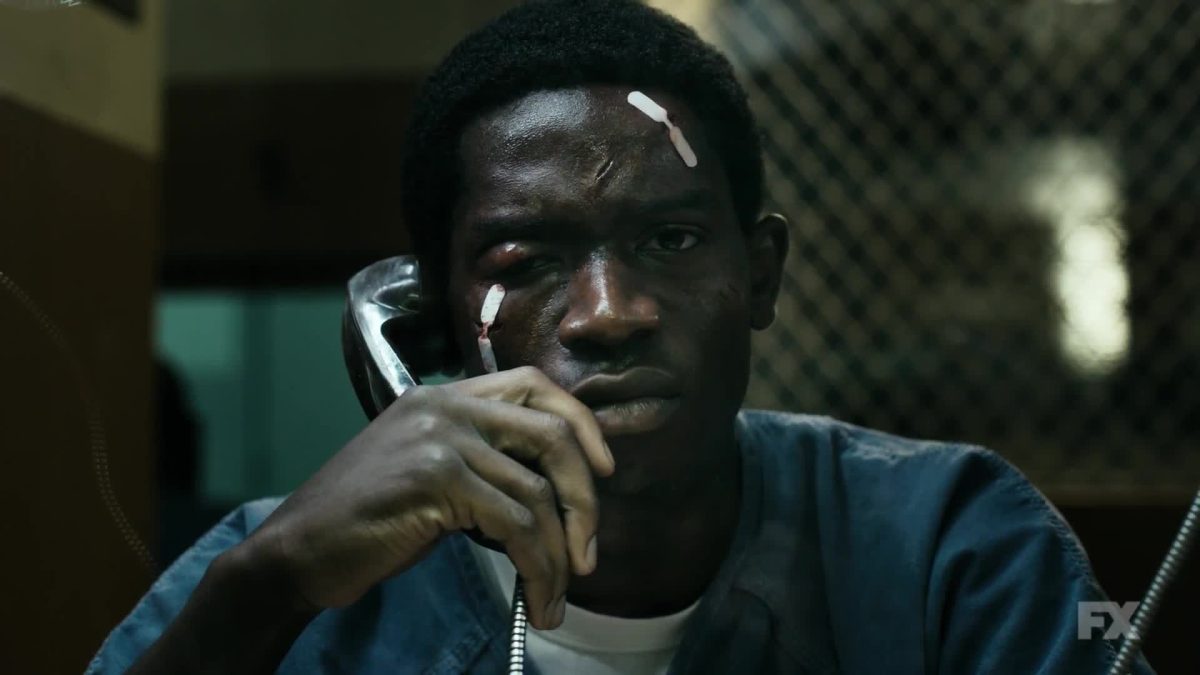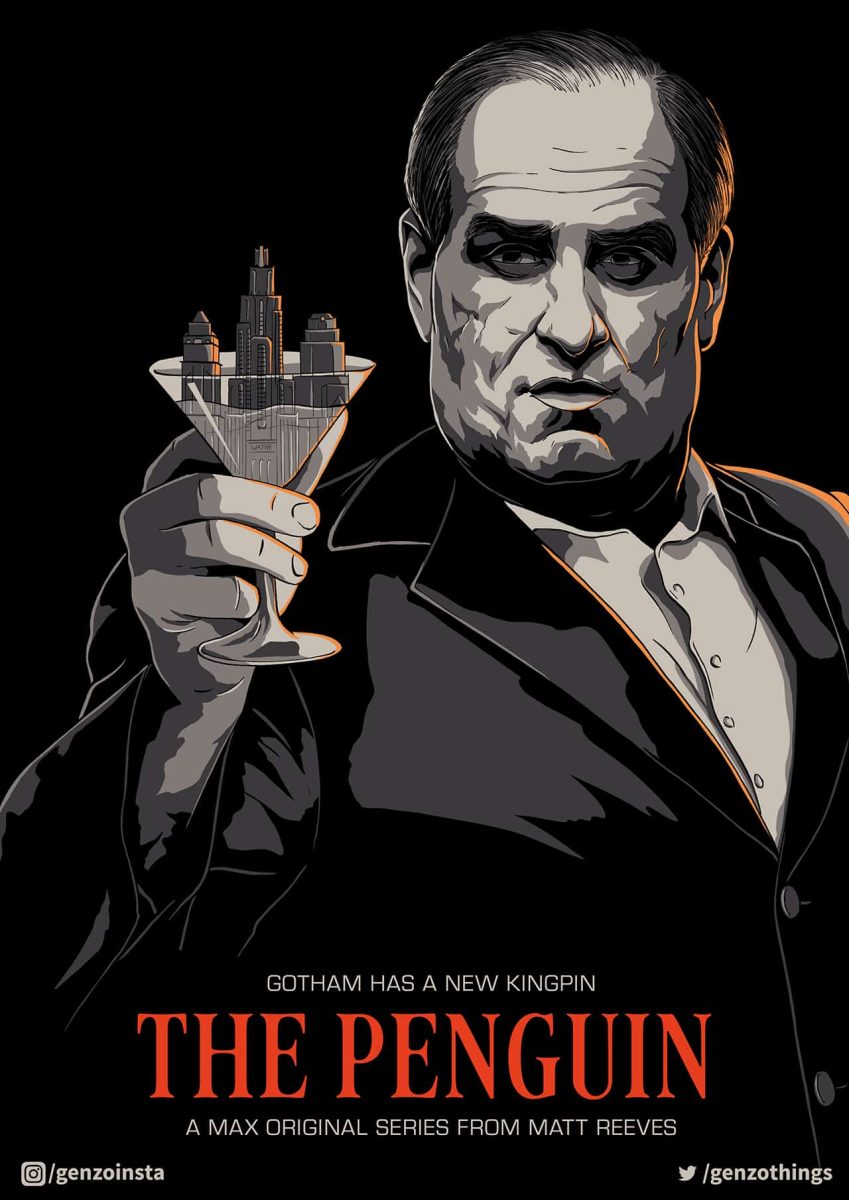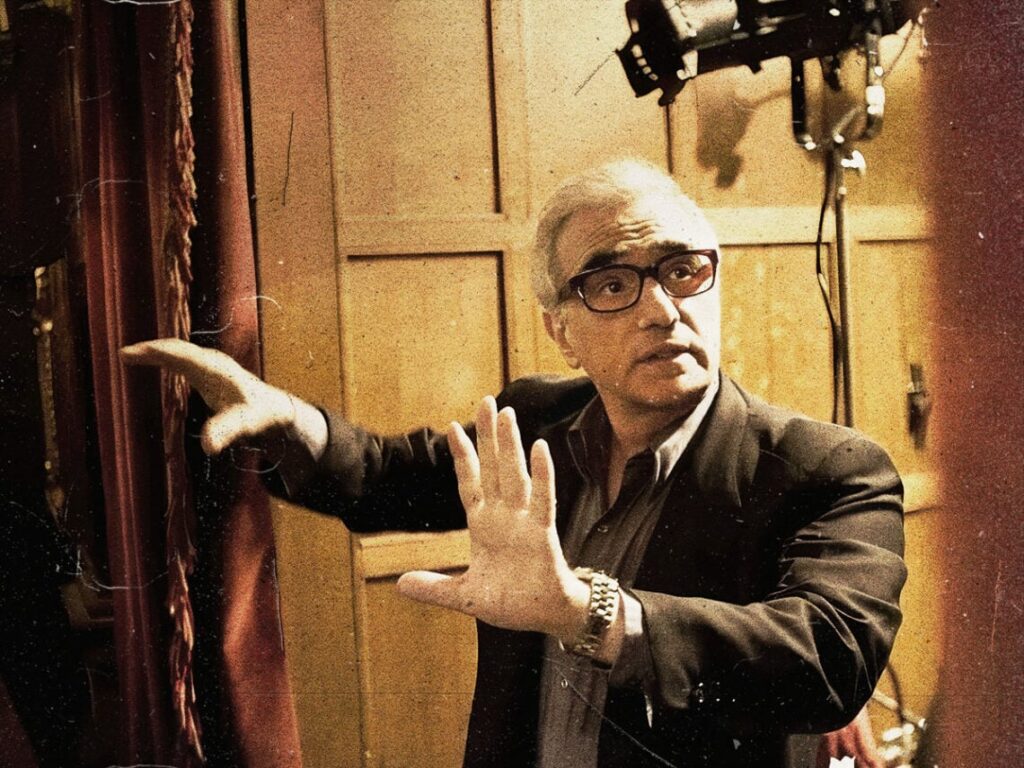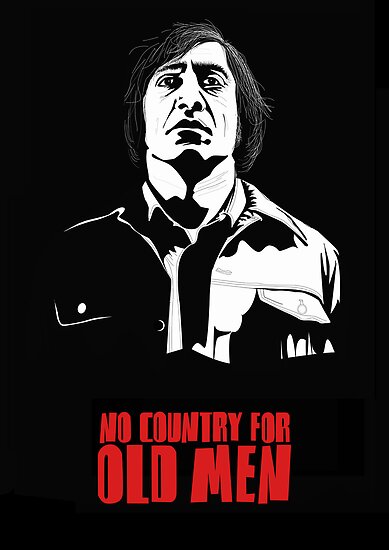The show that changed my life. Here. We. Go.
FX’s Snowfall, created by John Singleton, Eric Amadio, and Dave Andron, is not just a show about the drug trade in LA, it’s a nuanced and often uncomfortable look at the roots and consequences of the 1980s crack cocaine epidemic in the United States. The show, which ran for six seasons from 2017 to 2023, takes us on a harrowing journey through Los Angeles, where the lives of ambitious drug dealers, desperate street hustlers, corrupt government agents, and ruthless cartel members collide in the world of illicit trade. But what makes Snowfall unique is how it pulls back the curtain on systemic issues, painting a larger picture about race, class, government complicity, and the impact of the drug epidemic on Black and Latino communities.
Snowfall is set and takes place in 1983, a pivotal year when the crack epidemic was beginning to take hold of urban neighborhoods in America. The show doesn’t just cover the street-level drama of drug dealing but expands its lens to reveal the global and political forces behind the drugs coming in. One of the most striking elements of the series is its exploration of the CIA’s involvement in facilitating the flow of cocaine into the United States, a dark chapter in U.S. history that has been linked to covert operations funding the Nicaraguan Contra rebels in Central America. Teddy McDonald one of the most chilling tv characters, a CIA operative at the heart of the show, is tasked with overseeing the operation, which unwittingly spawns the crack epidemic. This covert operation, known as “Operation Chaos,” forms the backbone of the plot and serves as a chilling reminder of the lengths to which the government was willing to go to advance its geopolitical interests, regardless of the consequences to the communities affected, as we see.
At the heart of Snowfall are the characters, who, despite their involvement in the drug trade, are presented with depth and complexity. The most compelling is our main character Franklin Saint, a young, intelligent man from a working-class Caribbean family who sees drug dealing as a quick way out of poverty. Franklin’s arc is perhaps the most tragic because it’s not just about his rise in the drug world, it’s about how his ambition, and his increasing thirst for power, erodes his moral compass.
In Franklin, Snowfall captures the dangerous allure of the American Dream gone wrong. His journey is one of relentless self-determination, where every choice he makes to expand his drug empire further distances him from the idealistic young man he once was. In the show’s final season, Franklin stands as a symbol of how the pursuit of wealth and power can lead to selfishness and greed, when intertwined with systemic oppression and violence, can destroy not only individuals but entire communities.
Yet, my favorite aspect of this show is its grittiness, not afraid to get its hands dirty.
What this show does exceptionally well is illustrate how individual actions within the drug trade do not occur in a vacuum. As Franklin rises, he’s not only battling rivals and law enforcement he’s also navigating a deeply inequitable system. The show doesn’t shy away from exploring how poverty and the lack of opportunities have historically pushed people into dangerous, illegal limits for survival and power.
The depiction of L.A.’s South Central neighborhood in Snowfall is both gritty and empathetic, showcasing how systemic neglect, combined with law enforcement overreach, created a perfect storm for the profit of crack cocaine. The show pulls no punches in illustrating the brutal realities faced by families and communities, as well as the subsequent criminalization of the people who were caught up in the epidemic. The police forces in Snowfall are often depicted as indifferent or corrupt, which increases more issues for Franklin and his family, while the government’s role in facilitating drug trade operations is laid bare.
While Snowfall’s portrayal of systemic issues is undoubtedly critical, it’s also grounded in the human stories of those living through these circumstances. The community dynamics, friendships, rivalries, and moral compromises that the characters experience make Snowfall more than just a show about drugs, which is much deeper than that. It’s a show about survival, the choices people make when they feel boxed in, and the devastating consequences of those choices, leading to bigger problems.
As I reflect back on this show, it’s impossible to ignore the lasting legacy of the crack epidemic and how it continues to shape conversations about race, justice, and inequality in America. The show places the epidemic in its historical context, showing how the policies of the 1980s ranging from mass incarceration to the war on drugs disproportionately impacted Black and Latino communities through Franklin’s journey.
By the time the series concludes, Snowfall leaves its audience with a bittersweet ending and the realization the drug trade, for all its violence and devastation, is part of a much larger, much darker societal machinery. The characters may have come from humble beginnings, but by the end, they’re caught in a cycle that leaves them scarred and, for some, irreparably broken, or dead.
As if this show could not outdo itself in the last few minutes, we see Franklin and his long-time best friend Leon, who sees what once his kingpin was, broke and poor walking into the distance, with an absolute banger song, Pride, by Kendrick Lamar and boy does that hit home.







